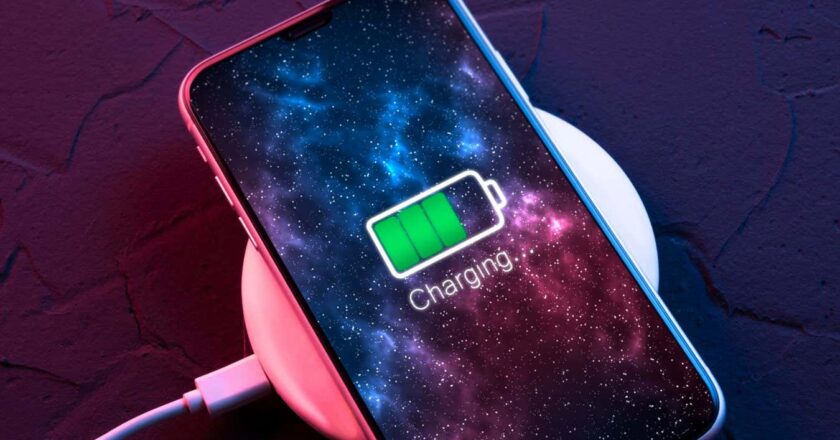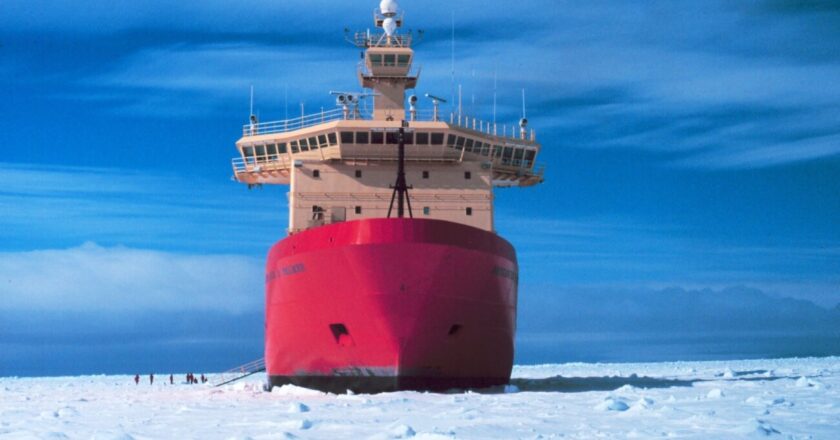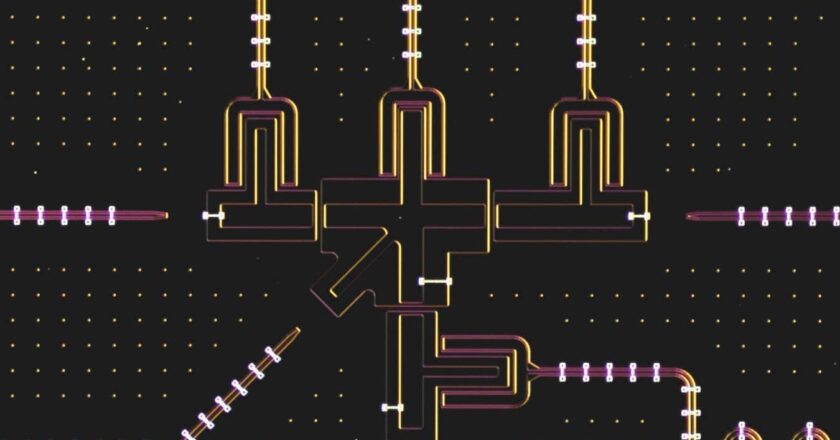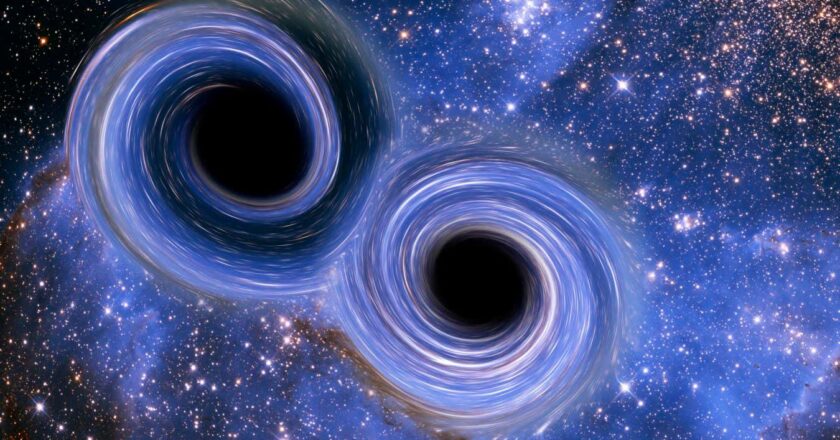Why simple tasks like charging your phone rely on quantum measurements
Your phone charger needs precise quantum measurementsShutterstock/Zoomik
If you are anything like me, you are almost always charging your smartphone. What you might not realise is that the ability to do so safely depends on a delicate quantum measurement at the cutting edge of physics.
To understand why, we need to look at what happens when you plug your charger into a standard outlet. The electricity that flows from the outlet carries more than hundred volts, but the charger is designed so that by the time electricity reaches your phone, it has been converted to carry around a dozen. Were it not for this reduction in voltage, the phone would catch on fire.
In other words, the exact number of volts matters in a very concrete way. But how do we know what a single v...




